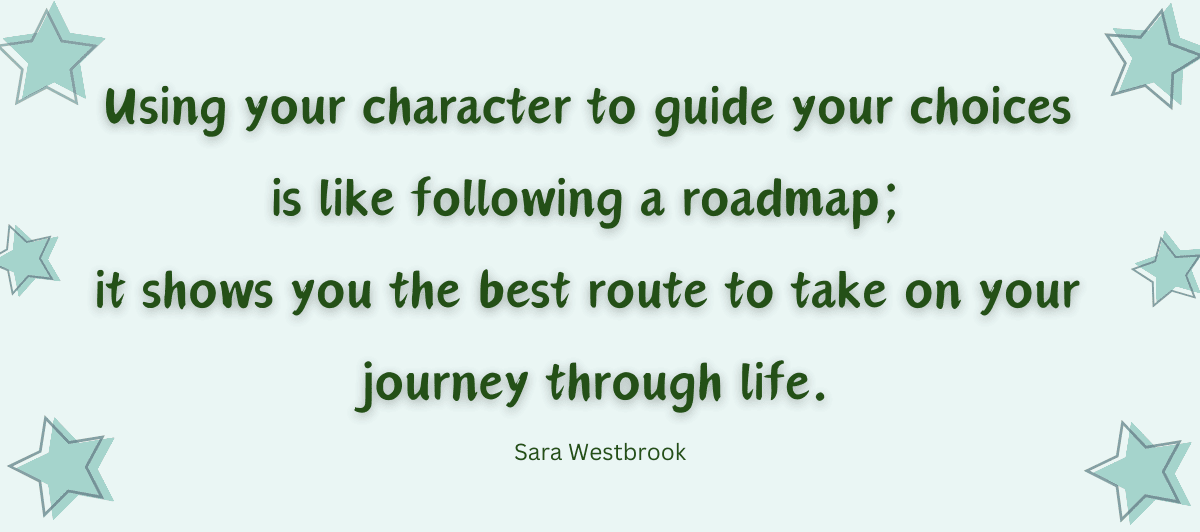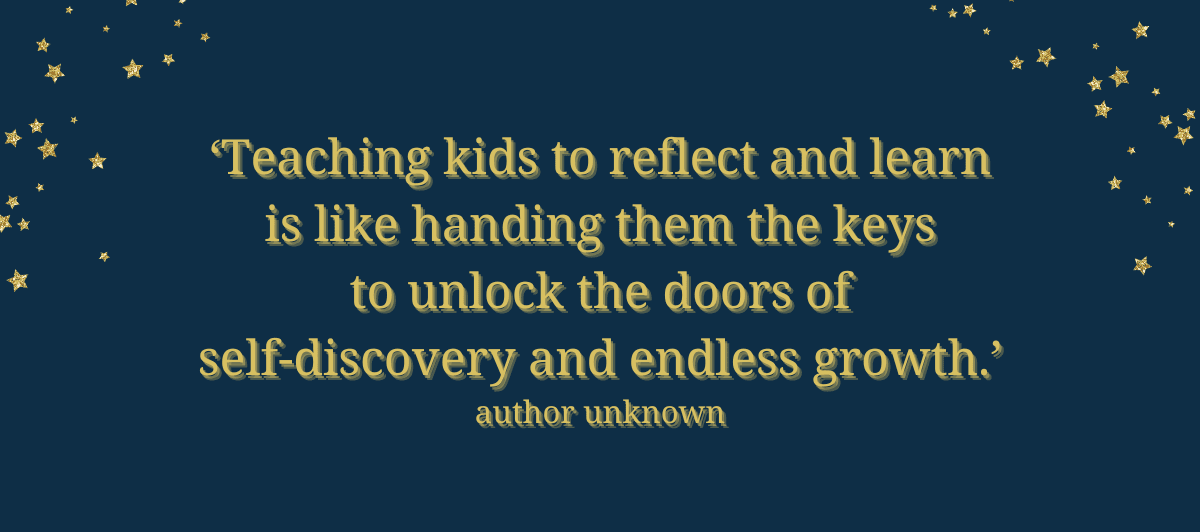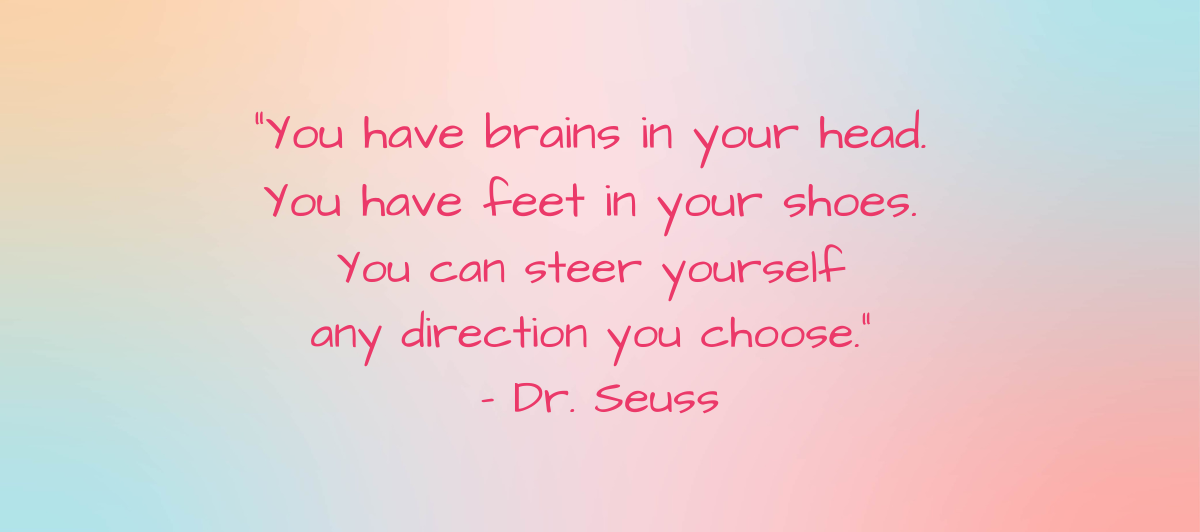
Guiding Children’s Choices
Just like a GPS needs a destination to guide us, our brain also works best when it focuses on a specific end result. Similarly, having a clear destination can guide children’s choices, helping them navigate challenges with confidence and purpose.
In life, a child’s ‘GPS destination’ needs to be rooted in their character. This gives them a clear sense of direction, helping them make choices that align with their character. Just like a GPS needs a destination to guide us, our brain also works best when it focuses on a specific end result.
When they don’t have a ‘character destination’ like kindness, honesty, responsibility and determination to help guide their choices, they can easily become sidetracked by their emotions and life’s challenging circumstances.
Three Tips to Help Your Child Set Their ‘Character Destination’
1. Discuss Character Traits: Help them figure out three-character traits they would like to be known for (use this worksheet for inspiration). Encourage them to think about how they might put each chosen trait into practice. This makes character traits real and achievable.
2. Compliment Character: When your child demonstrates their chosen character trait, be specific in your praise. For example, if they chose kindness and helped a struggling friend, say, “I noticed how kind you were when you helped your friend.” By recognizing their efforts, you reinforce how their character destination can guide children’s choices in positive and meaningful ways.
3. Encourage Reflection on Choices: At the end of the day, help your child reflect on how their choices aligned (or didn’t) with their ‘character destination’. Remind them that emotions can sometimes pull them off course. When that happens, reassure them that it’s okay to pause, reset and refocus on making choices based on their character.
This is what I know: By helping your child create and follow a ‘character destination’, you’re giving them a ‘roadmap’ to navigate life’s ups and downs. This strategy not only builds resilience but also guides children’s choices ensuring they stay true to the character traits that matter most to them.
Until next time…



